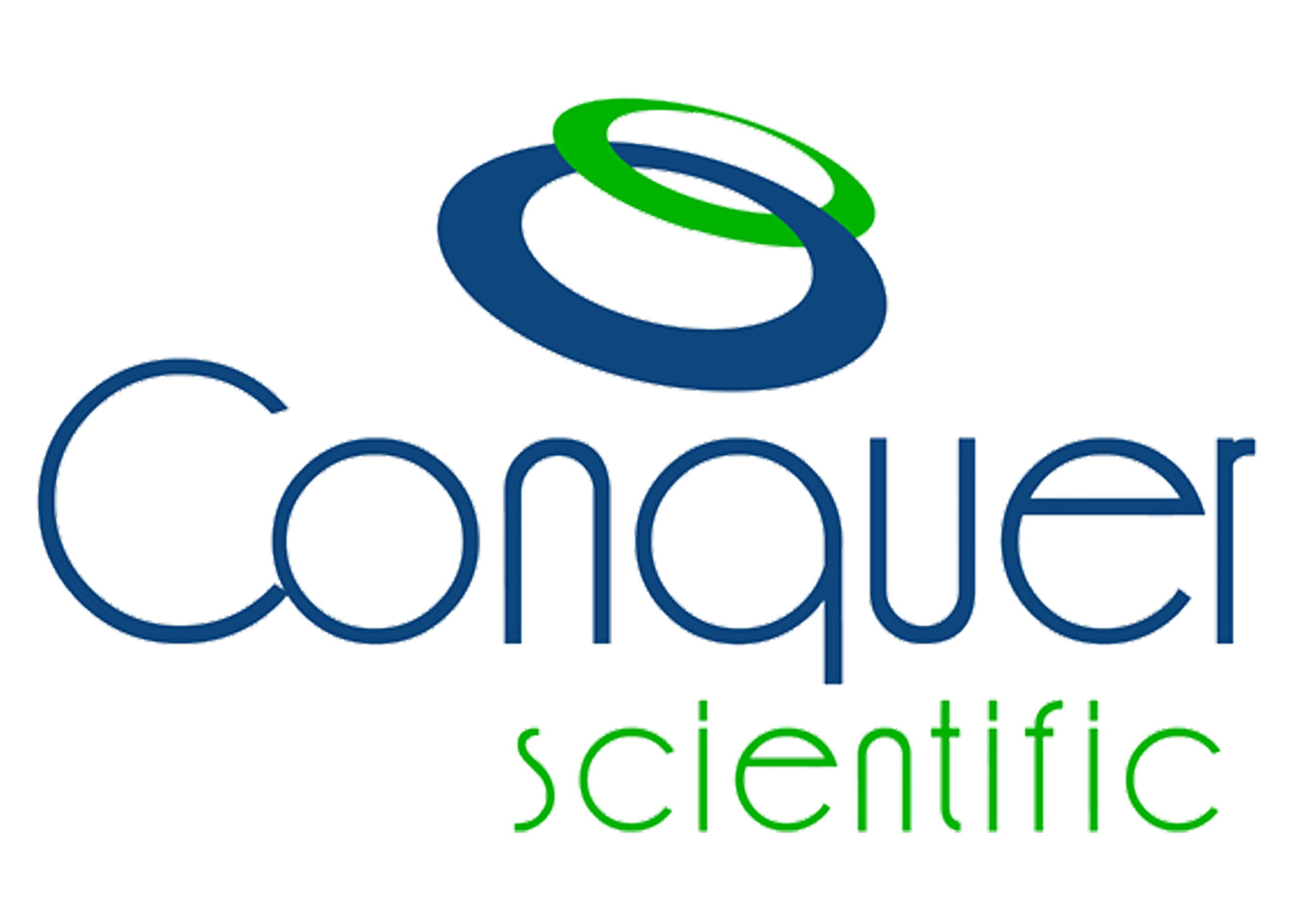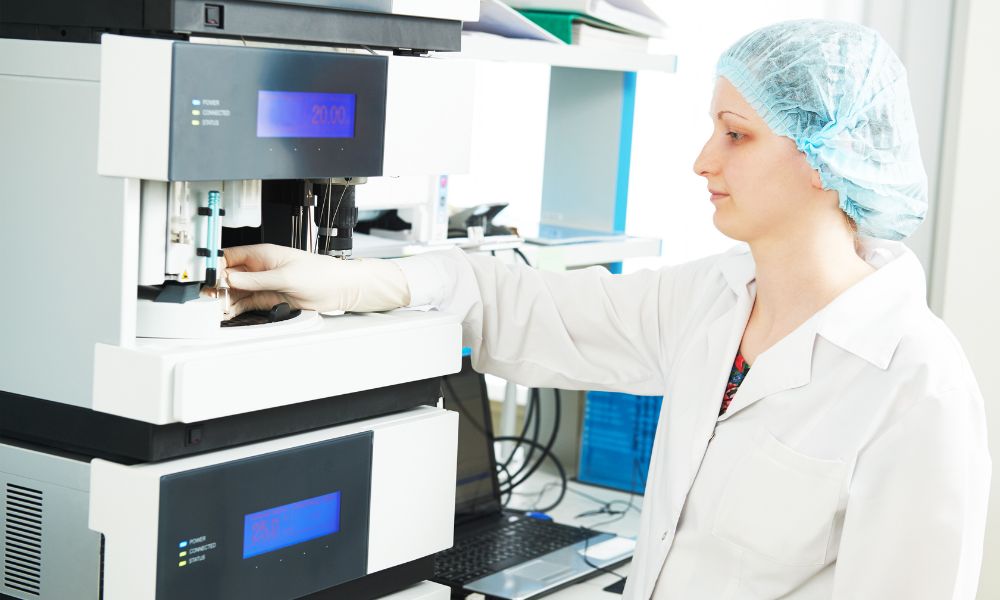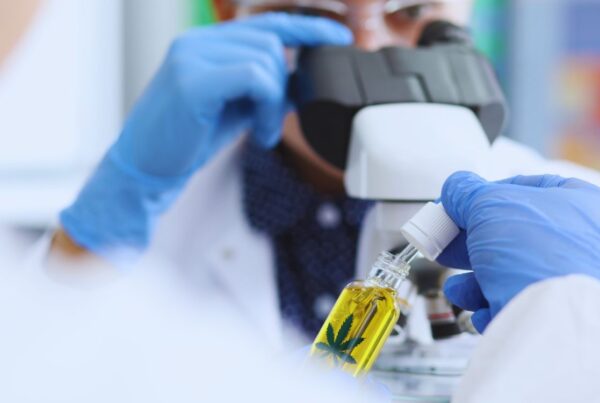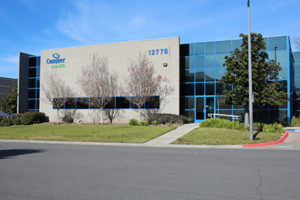Gas chromatography-mass spectrometry (GC/MS) and liquid chromatography-mass spectrometry (LC/MS) are two favored analytical methods with much in common, but where do they differ? Below, we explain the basics of GC/MS and LC/MS and the differences between the systems.
What Is GC/MS?
GC/MS separates chemical compounds in a complex sample mixture via gas chromatography and then identifies the unknown compounds with mass spectrometry. By combining the features of gas chromatography and mass spectrometry, GC/MS can accurately identify complex substance mixtures within a test sample.
GC/MS works by introducing a mixture into a chromatogram along with a gas carrier (mobile phase), which heats the gasses to separate the sample mixture. The separated compounds of the mixture then move into the mass spectrometer, which identifies the separated compounds by measuring their mass-to-charge ratio (m/z).
Common Applications for GC/MS:
- Forensic and criminal investigation
- Environmental analysis
- Illegal substance detection
- Chemical agent detection
- Petrochemical analysis
What Is LC/MS?
LC/MS is quite similar to GC/MS and aims to achieve the same goal of accurately identifying unknown substances in a chemical mixture via separation and mass spectrometry measurement. LC/MS uses high-performance liquid chromatography (HPLC) to separate the substances in the sample, much like gas chromatography, except it uses a liquid mobile phase to move the sample between columns.
Instead of heating the sample mixture, HPLC uses ionization to separate the ions based on their m/z and then introduces them to the mass spectrometer for identification and quantification.
Common Applications for LC/MS:
- Biotechnology
- Environmental monitoring
- Food processing quality control
- Pharmaceutical quality control
- Forensic analysis of bodily fluids (drugs, vitamins, and minerals)
How Are GC/MS and LC/MS Different?
These two analytical methods share a lot in common but have some key differences. While both aim to separate compounds in a complex sample mixture for identification and quantification, they achieve this goal differently.
The key differences between GC/MS and LC/MS systems are that the GC/MS uses a gas mobile phase and heat to transport the sample and separate the mixture. LC/MS uses a liquid mobile phase and ionization for separation. But, even with this difference in mind, the two methods are more alike than different.
Which Chromatography-Mass Spectrometry Method Is Better?
To say one method is better than the other would be misleading—both LC/MS and GC/MS are popular analytical methods and common in many industries. When deciding which method to choose, factors such as time and the sample mixture are more important. The GC/MS is a faster process, while LC/MS can identify a broader range of compounds.
If your lab needs chromatography-mass spectrometry equipment, Conquer Scientific has a vast inventory of used GC/MS equipment and LC/MS instruments at affordable prices.








